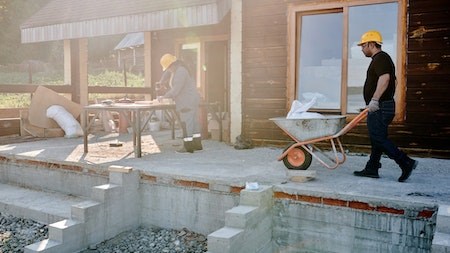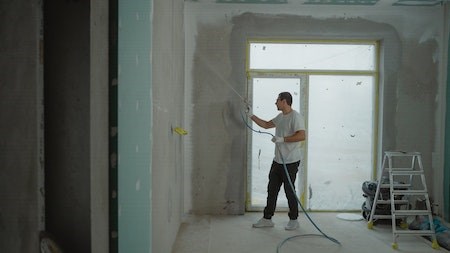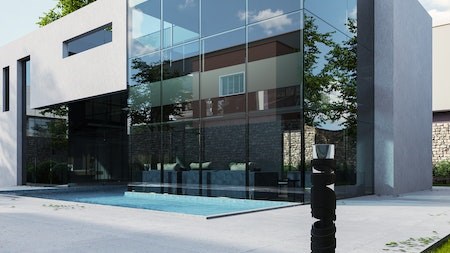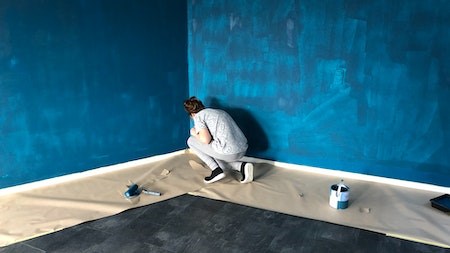Very few buyers find properties that meet their every need, so there are bound to be some things you would like to change to make living in your new home more comfortable.
Every décor magazine is packed with suggestions on ways to improve your property, and it’s all too easy to get carried away in your enthusiasm to create your dream home.
The first question to ask yourself if you want to avoid overcapitalising is how long you plan to own this property.
If you plan to move within one to five years, any renovations should be made with future resale value in mind. On the other hand, if you plan on staying put for ten or more years, you can do whatever you think will add to your enjoyment of the property. After all, you will be staying long enough to reap the benefits of any renovations you complete.
If you are unsure how long you will be staying, it’s best to take a cautious approach and renovate with future buyers in mind.
Considerations
You should try to fit in with the properties around you to a certain extent. In a lower-priced neighbourhood, future buyers may be unable to afford the higher price you would ask to recoup the costs of a luxury renovation. Also, they probably won't be prepared to pay more for your home than they would for other homes in the neighbourhood.
- Because the properties around you limit your home's potential value, visiting local showhouses to see what well-renovated properties in your neighbourhood look like and their features is a good idea. You may also find examples of worthwhile renovations that could work in your home.
- A professionally executed renovation will usually add value. However, bear in mind that buyers mostly choose homes for their sun aspect, views, and location.
- Extending your bedroom wall and adding an en suite bathroom may seem like a good idea. But the cost of any renovation will skyrocket when you knock down and build walls and add in plumbing.
Cost
Renovations entail making many decisions - you need to choose items like tap fittings, cabinets, tiles, carpet and paint colours, as well as light fittings. There are hundreds of options at varying prices, and costs can mount significantly if you always choose the more expensive – and more attractive – options. Although price differences on each item might be minor, the total cost can mount astronomically across an entire renovation.
On the other hand, the cheapest items are not always sound choices - they may not last as long as the more expensive items. The best option is to choose higher-quality options for frequent-use fixtures like bathroom taps, but make sure you get good quality. Don’t install trendy fixtures that quickly date your home when they go out of fashion.
The higher-quality fixtures should also add value to your home, but there's no guarantee that any buyer will pay more for a feature that you particularly like. Also, keep in mind that a slightly higher sale price a few years down the line won't help you pay for the expensive items in the meantime.
Agents
If you may be considering selling in the near future, then deciding which parts of your home to renovate can make a huge difference to your actual sale price. Don’t make the mistake of spending money on changes you don't have to make. This will use up your time, energy and finances to no effect.
Rather speak to a reliable property practitioner with experience in your neighbourhood to discuss what changes will add maximum value to your home.
Writer: Sarah-Jane Meyer





